For years, there has been an ongoing but violence-free war between the United States and China. Both countries have made it their mission to show the other one just what they’re capable of without ever actually doing anything.
In fact, in 2010, the United States did exactly that by surfacing three guided missile submarines just off the coast of China. Now, 14 years later, the two superpowers are still playing chicken, but some say the situation will escalate past threats in November if Donald Trump takes back the White House.
China Has Long Been Trying to Intimidate the US
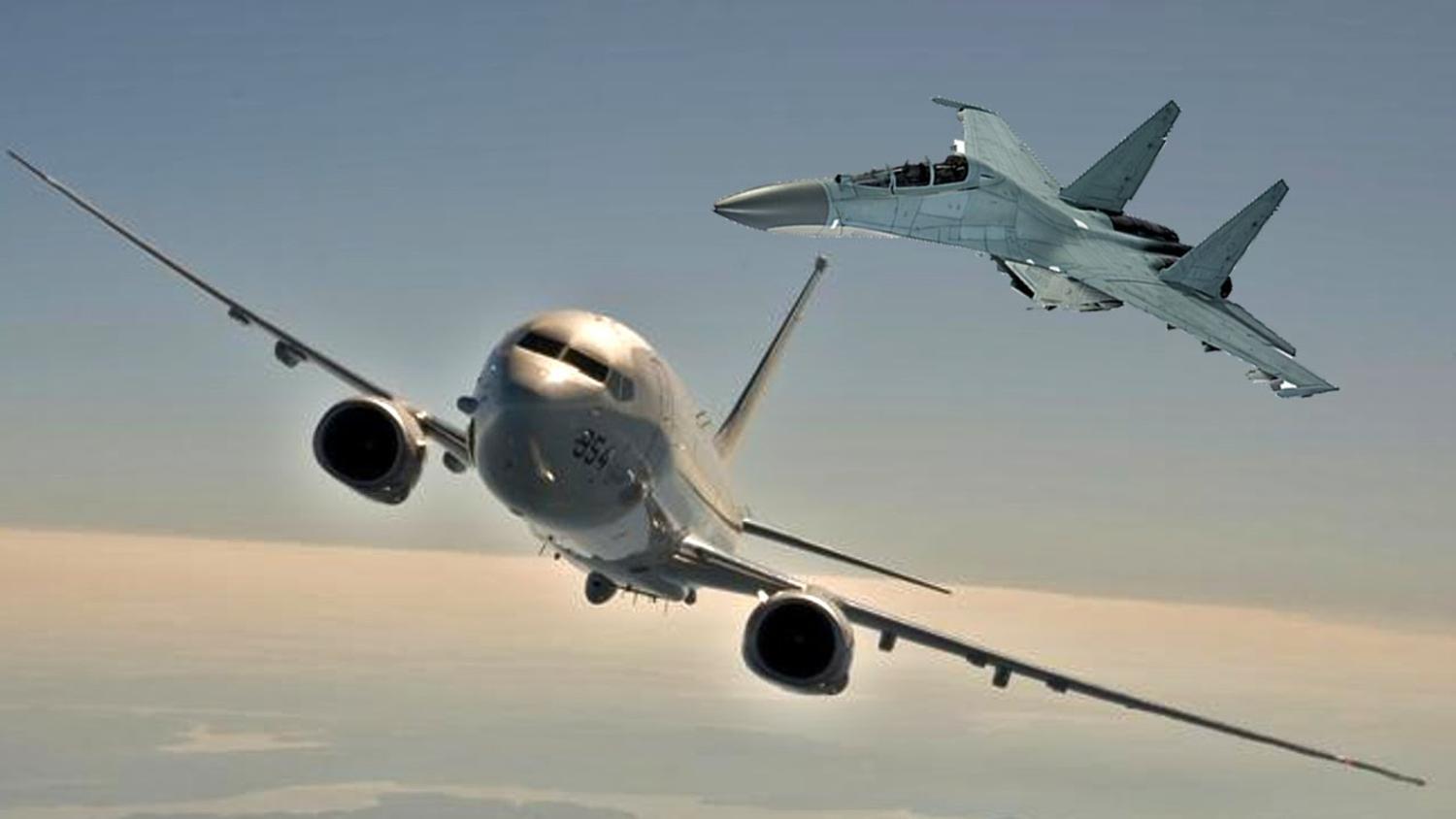
Exactly 14 years ago, the Chinese Navy and Air Force were both subtly trying to inform the US of their power. The Navy conducted a missile test in the East China Sea, while Chinese military planes were seen flying dangerously close to those of the US Air Force.
These decisions were, at the time, extremely worrying for the US government, as they believed them to be signs of aggression, if not all-out threats against the United States. And, more specifically, against Taiwan.
The US-Chinese Fight for Taiwan
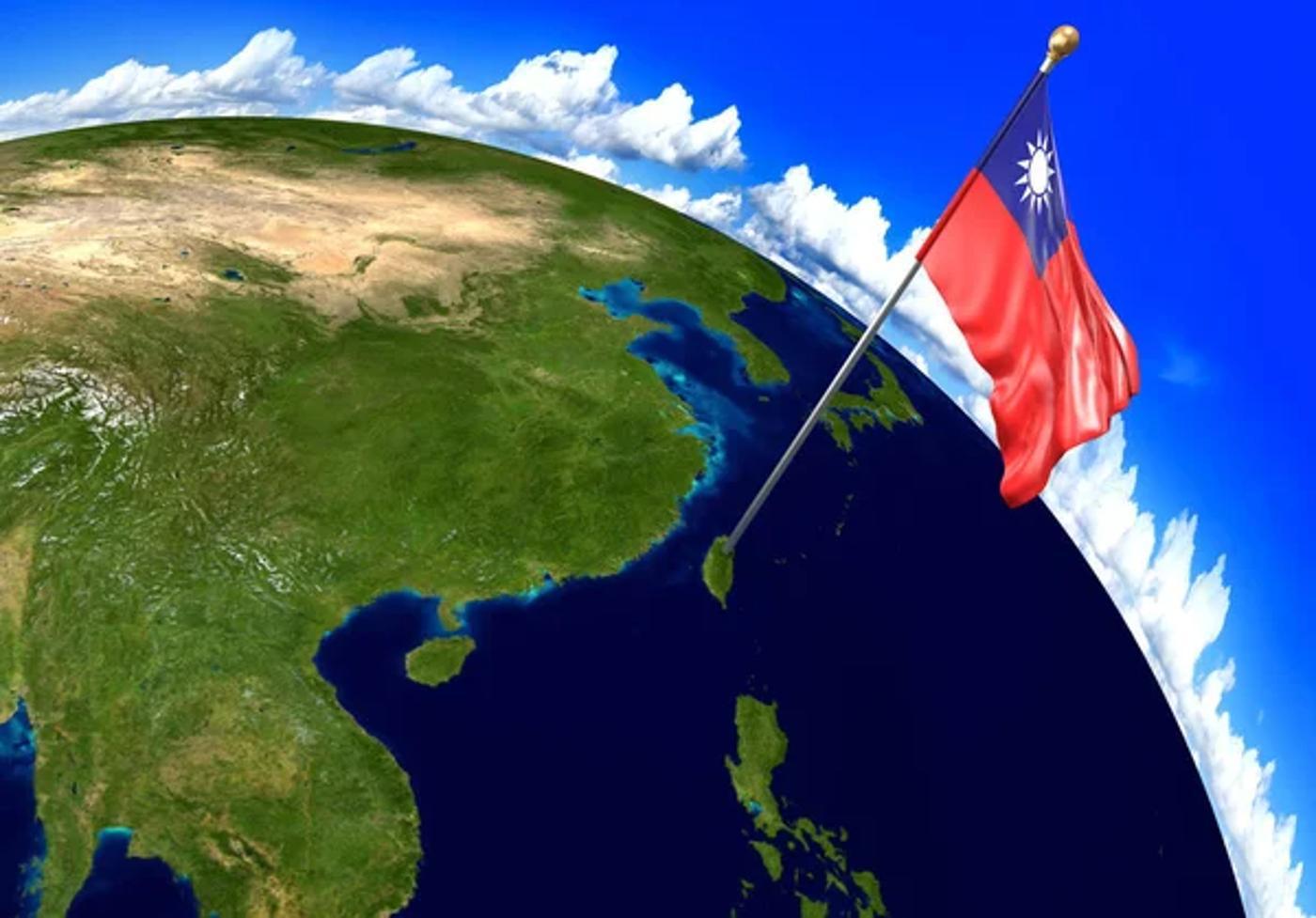
In 2010, when China decided to openly display its military prowess, what they were really trying to say was that they had the planes, submarines, and missiles to take Taiwan whenever they wanted.
The small island sits just 100 miles off the southern coast of China, but it was then and remains today an independent country. However, while China believes Taiwan is actually a part of its great nation, the United States has been trying desperately to keep the countries separate.
Why Is Taiwan Important to the US?
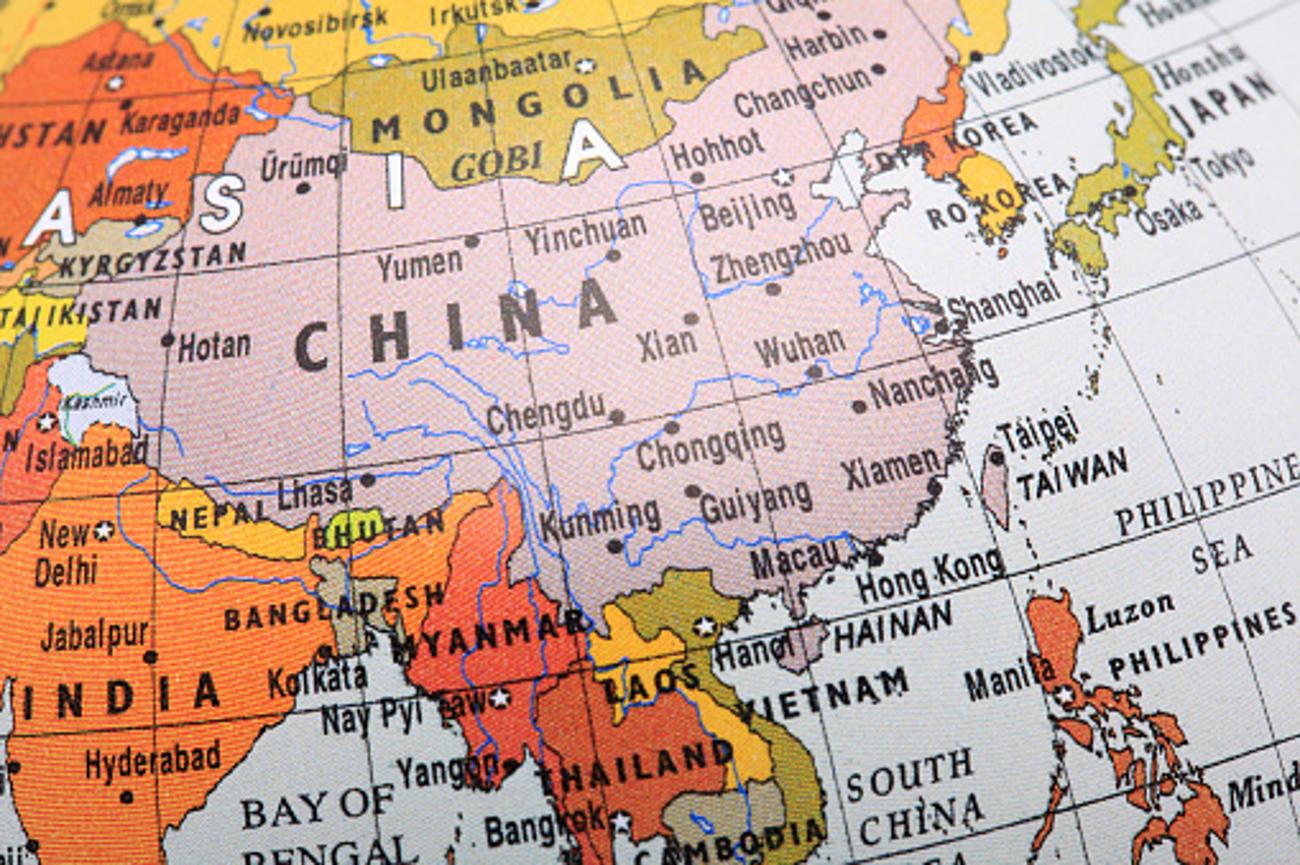
As Taiwan is such a small country in the heart of the East China Sea, you may be wondering why the US cares so much about who runs the island nation. Essentially, control of Taiwan does affect the United States, specifically its prosperity and security, as the country sits directly beside China, Japan, and South Korea.
As the Assistant Secretary of Defense for Indo-Pacific Security Affairs Ely Ratner explained, “Taiwan is located at a critical node within the first island chain, anchoring a network of U.S. allies and partners—stretching from the Japanese archipelago down to the Philippines and into the South China Sea—that is critical to the region’s security and critical to the defense of vital U.S. interests in the Indo-Pacific.”
China’s Military Is Still Powerful Without Taiwan

Additionally, if China were to gain control over Taiwan, its military assets, including submarines, air defense units, and underwater surveillance, would be able to limit the US military’s operations in the area.
So, the US has been defending Taiwan for decades to maintain its current power within the Indo-Pacific region. However, China has been trying to constantly show the US that it has the military power to take Taiwan whenever it sees fit.
China’s Ballistic Missile Program Is One of the Best in the World
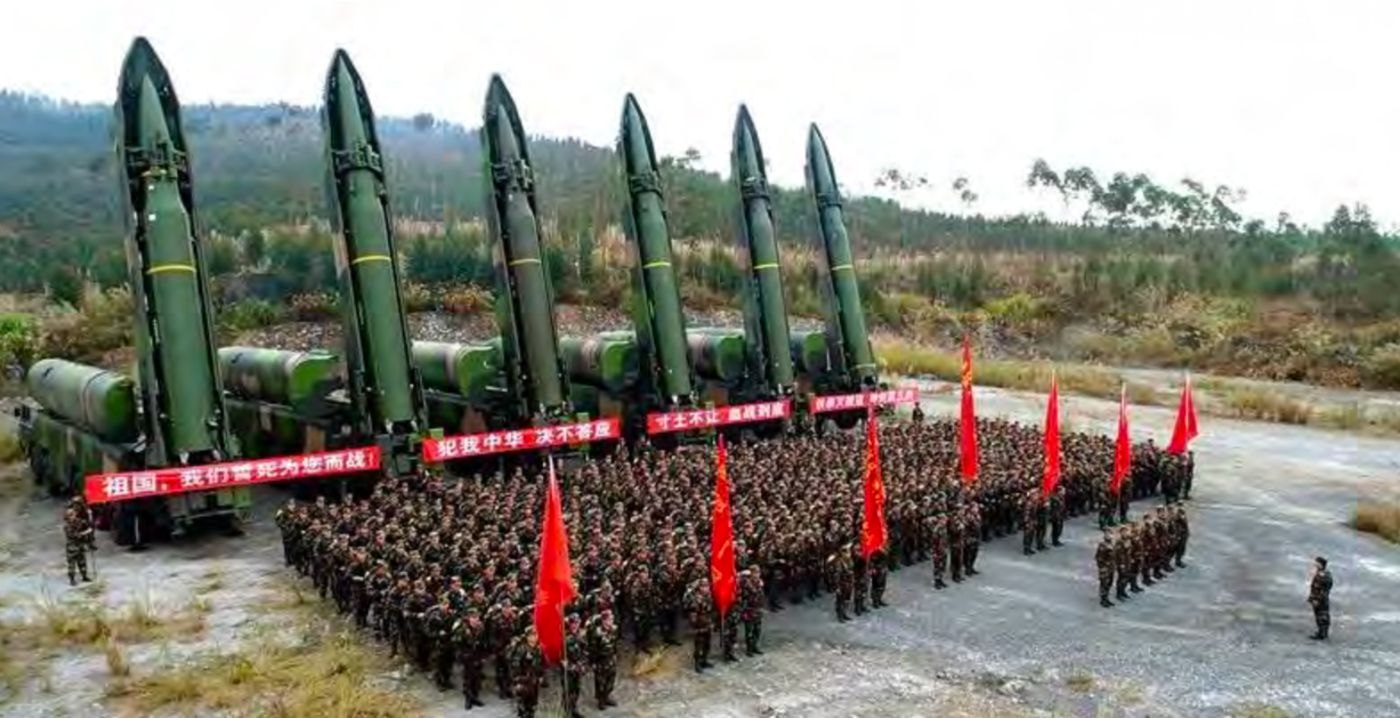
China’s scare tactics have included flying dangerously close to US Air Force planes and surfacing their submarines alongside US Navy vessels, but behind the scenes, the nation has been working tirelessly to create one of the most impressive ballistic missile programs of any country in the world.
China has some of the most powerful and longest-range missiles on the planet today, not to mention the fact that they literally have more missiles than anyone else. In fact, China reportedly has ballistic missiles that could hit US soil after being launched from Chinese waters.
The US Wants China to Understand It Has Missiles, Too
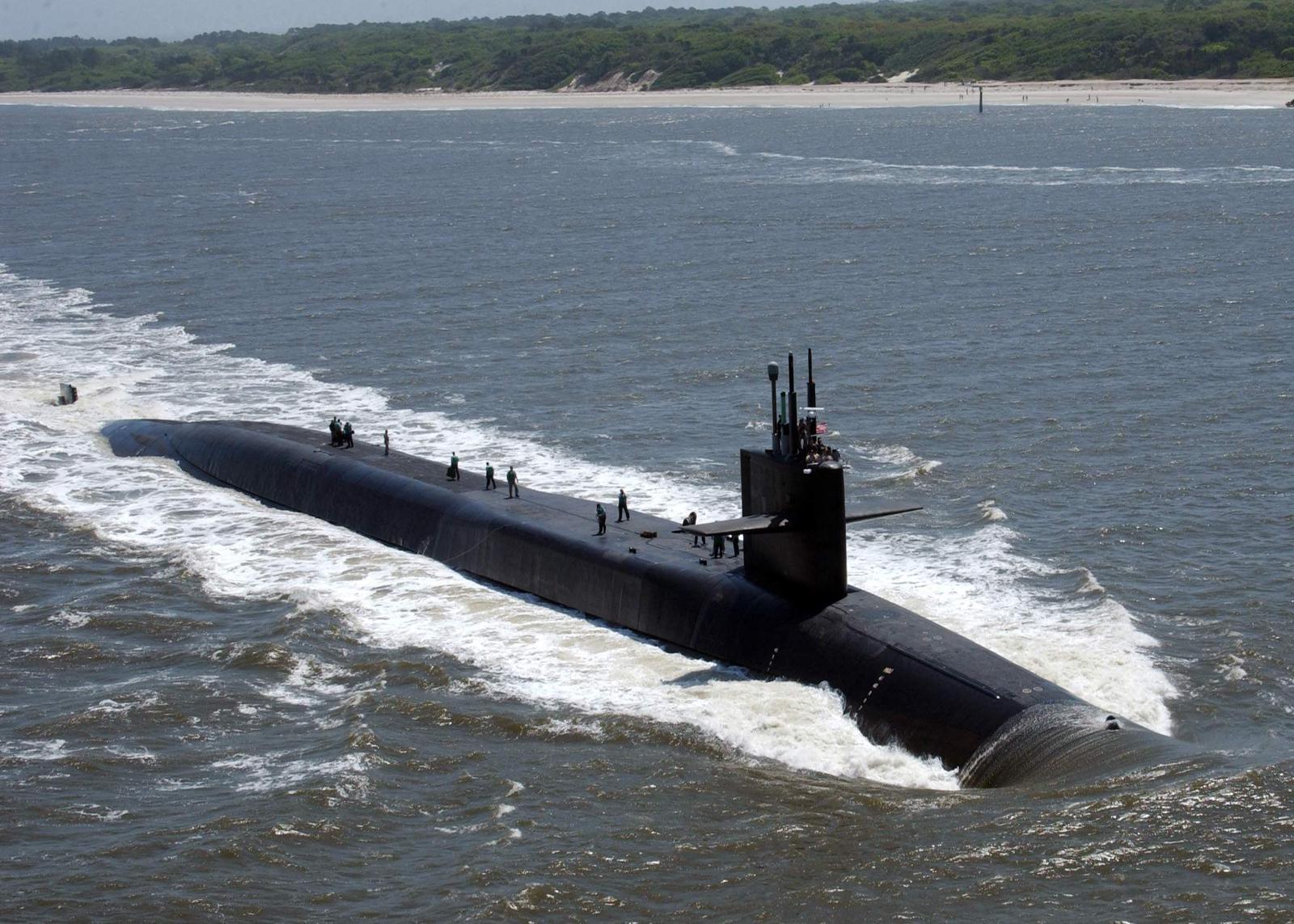
While China’s missile program is renowned around the world, the United States certainly isn’t far behind. And what the US has that China doesn’t is allies very close to its nemesis’ borders.
The United States Navy used this reality to its advantage when it surfaced three missile-carrying submarines, the USS Ohio, the USS Michigan, and the USS Florida, in the Indian Ocean in 2010.
The US Navy Let China Know Just How Close They Could Get
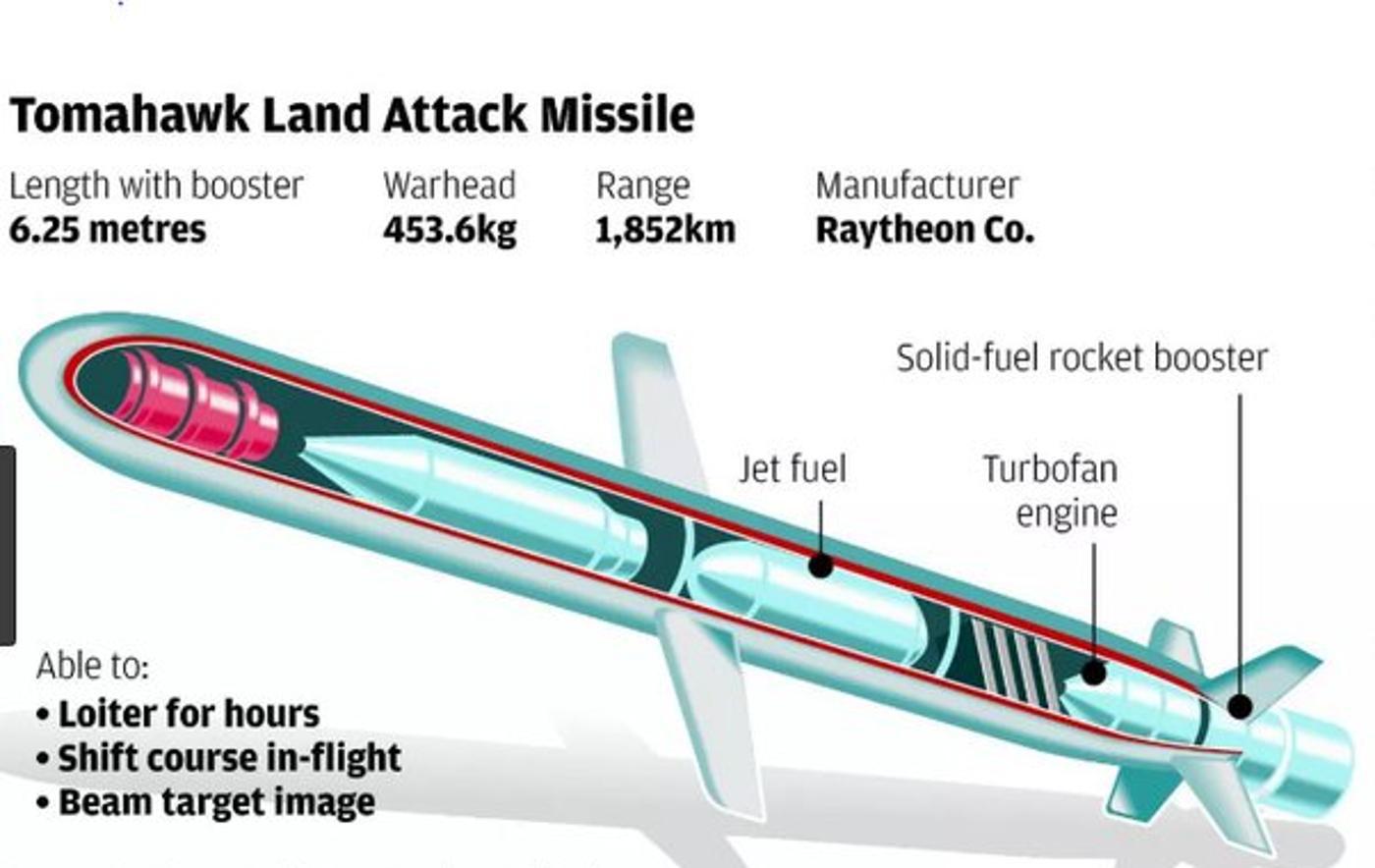
By showing China just how close its submarines could get, the US displayed its power in the Indo-Pacific region. The three ships carried exactly 462 Tomahawk cruise missiles, which each have a range of 1,000 miles.
At the time, the US Navy said the three warships’ surfacing was only a “coincidence.” However, China knew better.
Some Say the Scare Tactic Worked

In response to the event in 2010, a spokesperson for the Chinese embassy said, “At present, common aspirations of countries in the Asian and Pacific regions are seeking for peace, stability, and regional security. We hope the relevant U.S. military activities will serve for the regional peace, stability, and security, and not the contrary.”
And many argue that this scare tactic by the US Navy absolutely worked as, over the past 14 years, the Chinese military has yet to try to take Taiwan.
China Recently Re-Elected Xi Jinping as President
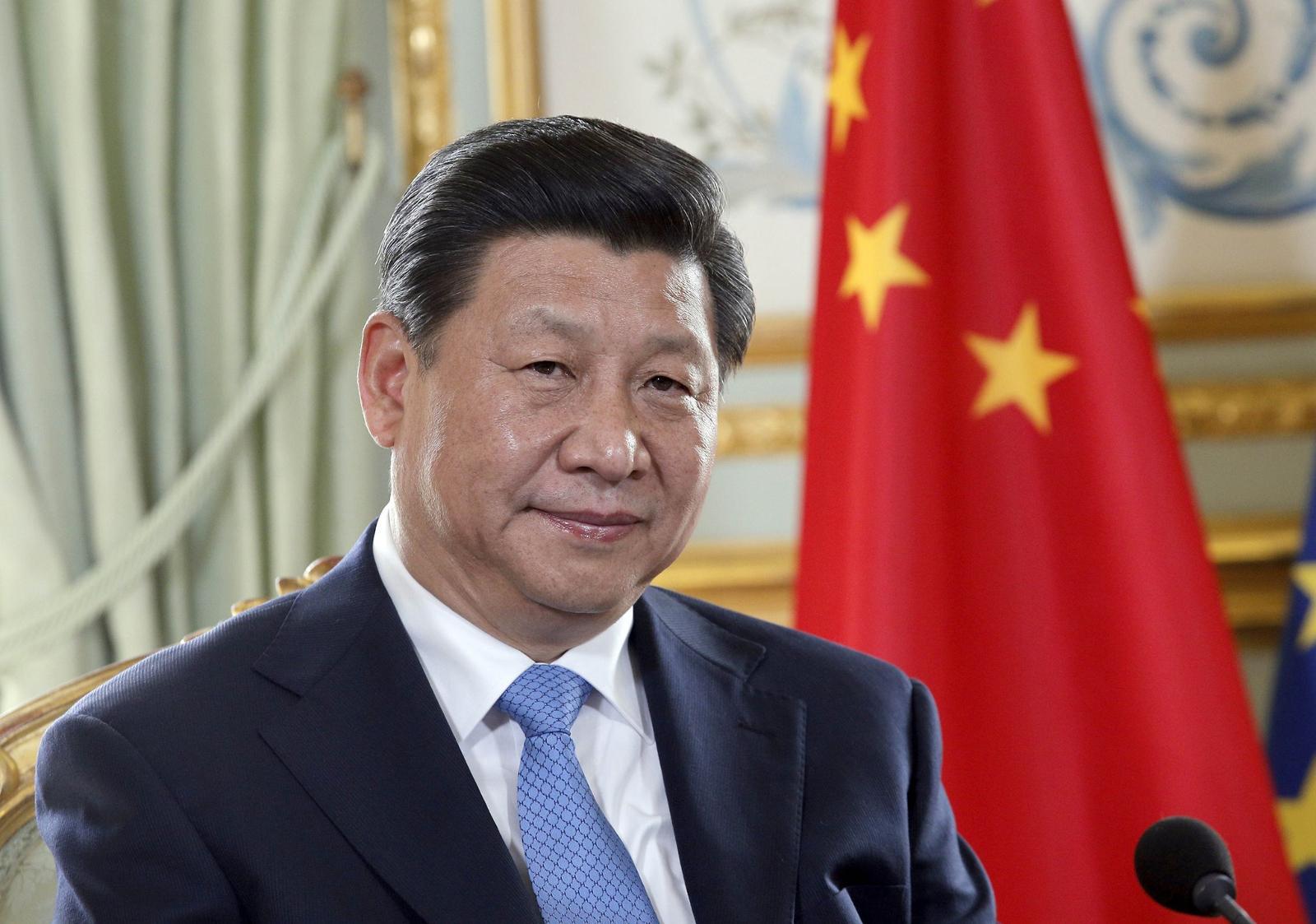
However, some say that the tides may be turning for the decades-long standoff between the US and China. In 2023, China re-elected President Xi Jinping in an unprecedented third term.
Since Jinping was first elected in 2013, he has facilitated a friendly relationship with both President Biden and former President Trump. However, there’s no doubt that Trump has more aggressive plans for the US-China relationship than Biden does.
Trump Plans to Instate Harsher Rules for China
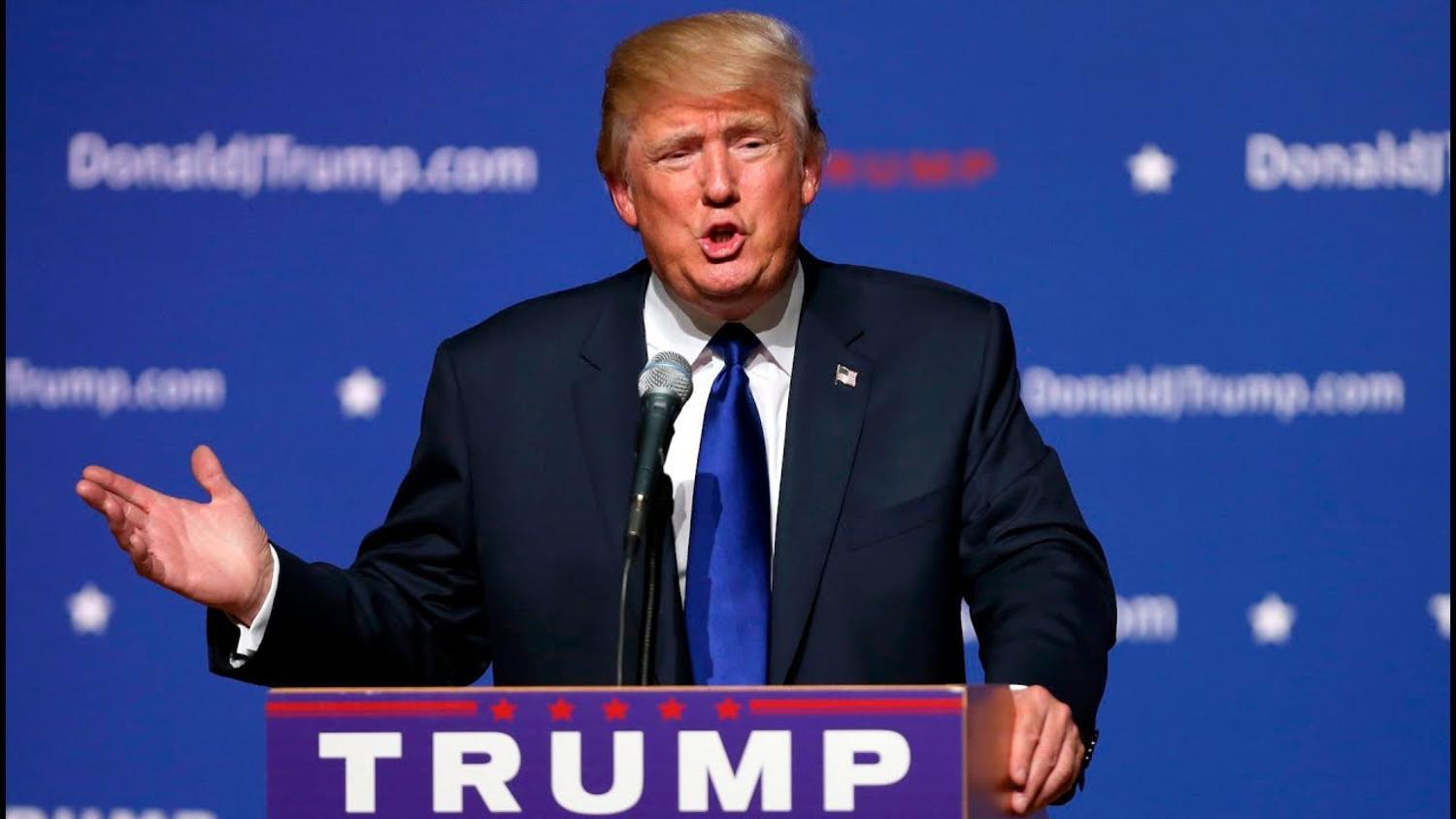
Former President and candidate for the 2024 election, Donald Trump, has never been shy about his feelings regarding China. He has blamed the country for the COVID-19 pandemic and pledged to implement harsher tariffs on Chinese imports if elected in November.
Some say that if Trump wins back the White House, a war with China isn’t just probable; it may be imminent, whether China decides to invade Taiwan or not.
Will the US Go to War With China?
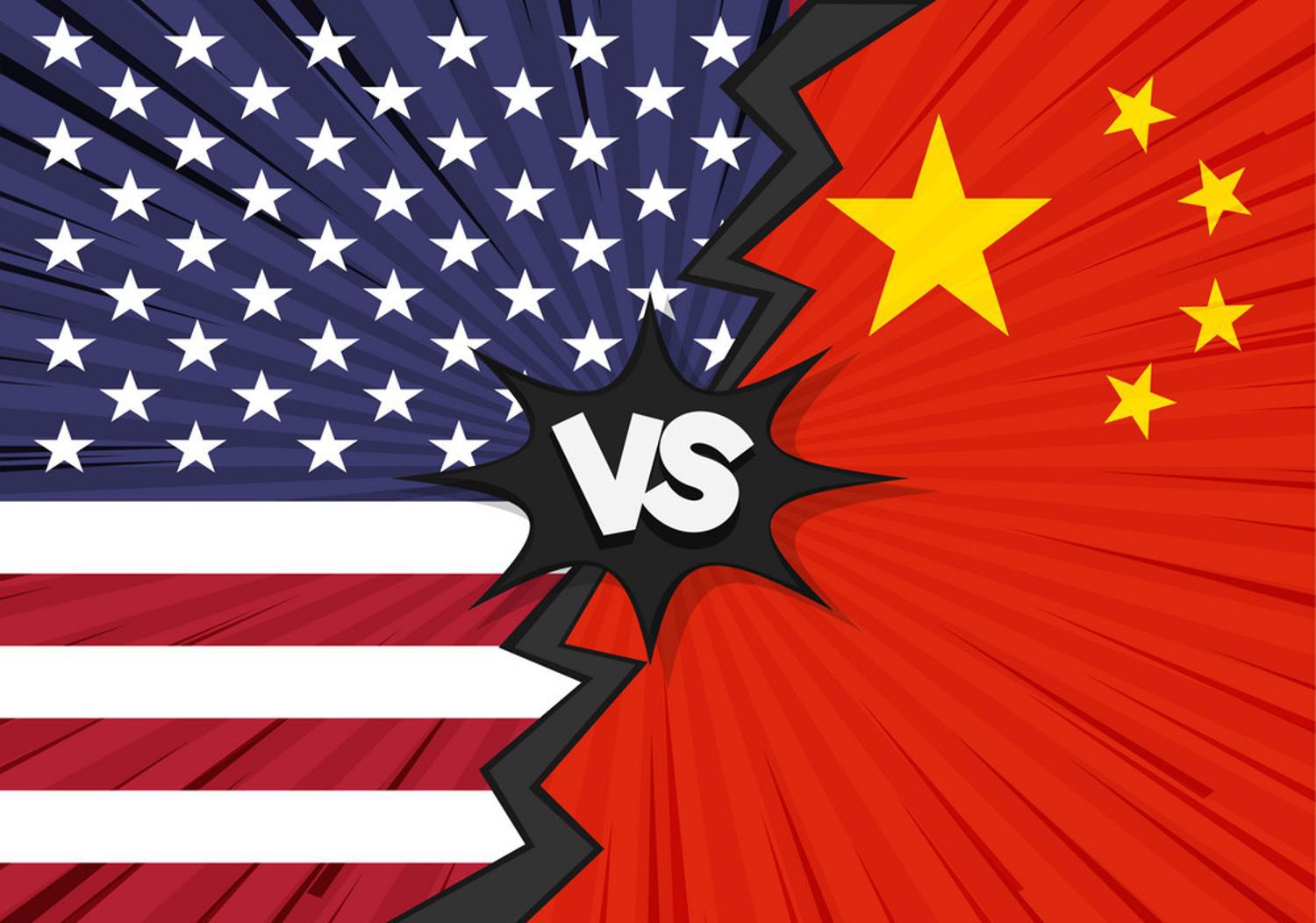
Whether or not the US will finally go to war with China remains to be seen. The two incredibly powerful nations have been on the cusp of war for decades, but if and when it will come to blows depends on several factors.
If China invades Taiwan, as some experts believe will happen in the next four years, whoever is in the Oval Office will unquestionably affect how the US responds. For now, it’s just scare tactics, but soon enough, it could be an all-out war.








































